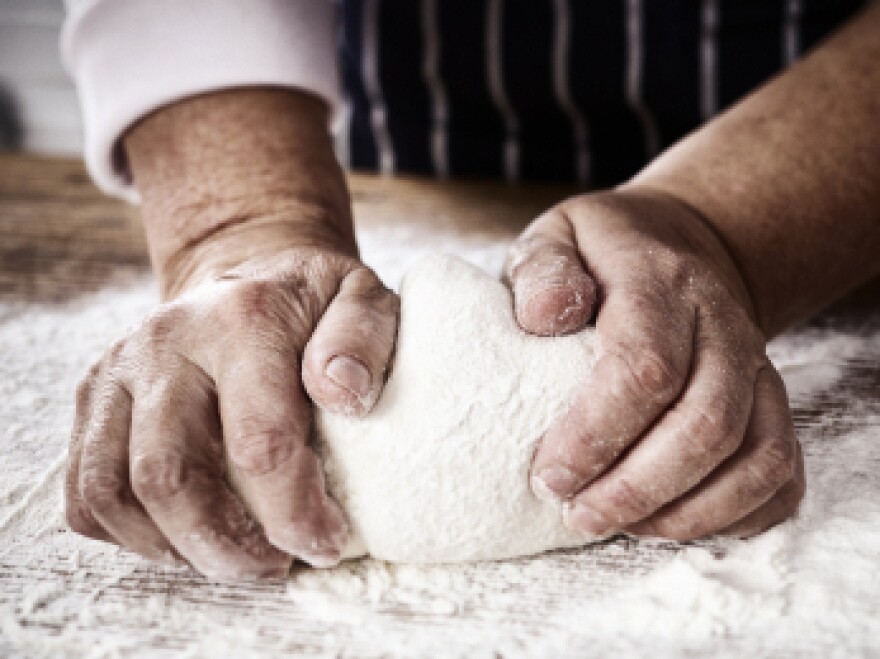Come 2012, there's a new food vocabulary: authentic, craft, small batch, artisanal, rustic and, of course, local. It's the opposite of processed, mass produced and factory farmed.
What might be called urban neo-ruralism has apartment dwellers canning tomatoes, keeping bees and churning butter.
The small farmer is the new gastronomic superhero, sourced on restaurant menus. Independent butcher shops are opening across the country with unfamiliar cuts like Denver steak, petite tender, flat iron. Expect more specialty meats, too, like bison, elk, goat and rabbit.
Whole pigs and fish are prepared in restaurants, and there's more interest in nose-to-tail dining, where no piece of the animal goes to waste. Think internal organs. And bone marrow. It's being smoked, tossed with pasta, or served with tamarind sauce.
Bars, too, are speaking the language of authenticity. Local craft distilleries are making small batches of bourbon, rye, vodka, gin and bitters. There are absinthe and mezcal bars.
Modern moonshine is also on the ascendency. If it's made legally, it's called "white dog" or "white whiskey." Like the hooch made in unlicensed stills, it's raw, unaged corn whiskey. Can you get more authentic?
Look forward to even more attention to detail in food and drink. There are microroasters of organic coffee, where each cup is individually brewed. There's even craft ice. One New York bar freezes 300-pound blocks of ice — free of impurities and bubbles — and it's someone's job to harvest the ice.
Craft beers aren't new, but now they're being paired with artisanal sausages at German-style beer halls, complete with house-made condiments and communal tables.
The international flavor of the moment is Nordic. A few years ago, a group of Scandinavian chefs signed a culinary manifesto promoting purity, simplicity, freshness and ethics. The most famous practitioner is Rene Redzepi, who runs Noma in Copenhagen.
Noma was just named the best restaurant in the world by The San Pellegrino World's 50 Best Restaurants. Redzepi's staff forages in the woods, and the menu includes such things as sorrel granita, musk ox, pork skin and chicken skin, as well as accents of hay, pine, moss and juniper. For dessert? Jerusalem artichoke ice cream. Savory ice creams should be popular this year, too.
"Nordic" might not be the best way to describe the new cuisine, however. Redzepi told New York Magazine he thought it should be called "regional" or "authentic" instead. That would be a good fit for the menus of 2012, too.
Bonny Wolf is Weekend Edition's food commentator. She's currently working on a book about the foods of Maryland's Eastern Shore.
Copyright 2021 NPR. To see more, visit https://www.npr.org.




